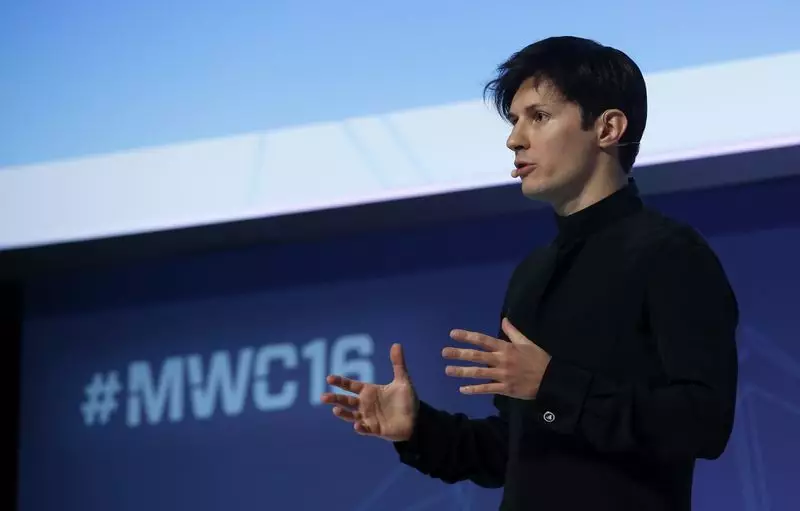Pavel Durov, the billionaire founder and CEO of the popular messaging app Telegram, was arrested at the Bourget airport outside Paris. Telegram, known for its influence in Russia, Ukraine, and the former Soviet Union, ranks among the top social media platforms globally. Durov’s decision to leave Russia in 2014 after refusing government demands to shut down opposition communities on his VK social media platform highlights his commitment to free speech.
The Arrest and Allegations
Durov, who was travelling aboard his private jet, was reportedly targeted by an arrest warrant in France as part of a preliminary police investigation. The investigation centered on the lack of moderators on Telegram, with authorities suggesting that this situation allowed criminal activity to thrive on the app. This raises concerns about the responsibility of social media platforms to monitor and regulate content to prevent illegal activities.
Following Russia’s invasion of Ukraine in 2022, Telegram emerged as a key platform for sharing unfiltered news and information about the conflict. Both Ukrainian President Volodymyr Zelenskiy and the Russian government utilize Telegram to communicate with the public and disseminate news. The app has become a vital source of news and updates on the war for those within the region.
Durov’s arrest and the allegations against Telegram raise questions about the balance between freedom of speech and the need for regulation on social media platforms. As one of the major global social media platforms, Telegram’s approach to content moderation and accountability will have far-reaching implications for the industry. Durov’s stance on maintaining Telegram as a “neutral platform” underscores the challenges faced by tech companies in navigating geopolitical tensions.
International Response and Political Reactions
Following Durov’s arrest, Russia’s embassy in France expressed concern and stated that it was seeking clarification on the situation. Russian officials and politicians criticized France’s actions, accusing the country of moving towards a more totalitarian society. Calls for protests at French embassies around the world highlight the political tensions surrounding Durov’s arrest and the broader implications for freedom of expression.
Pavel Durov’s arrest and the allegations against Telegram shed light on the complex relationship between social media platforms, freedom of speech, and government regulation. As the digital landscape continues to evolve, the case of Durov and Telegram serves as a reminder of the challenges faced by tech companies operating in an increasingly interconnected and politically charged environment.

